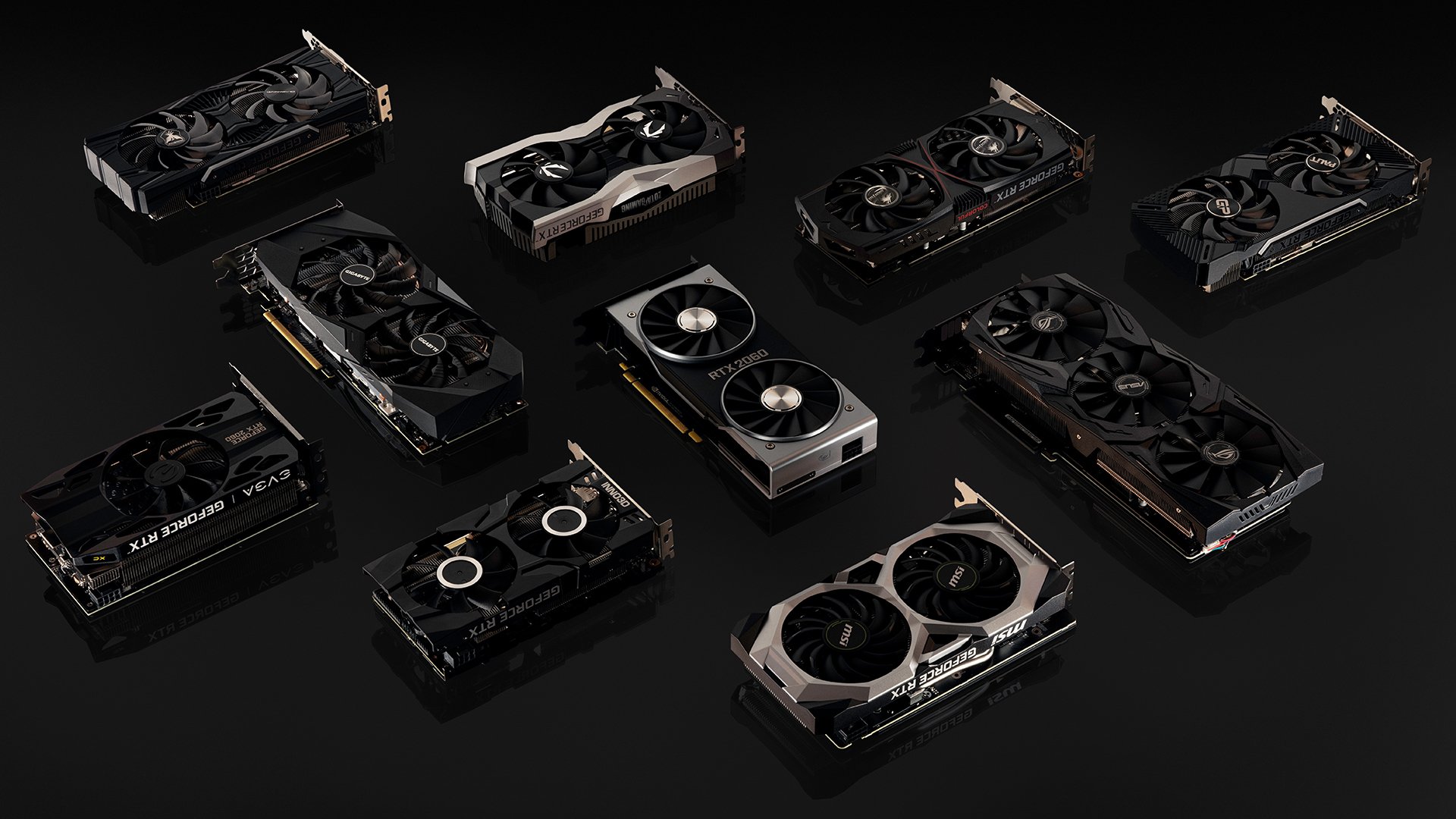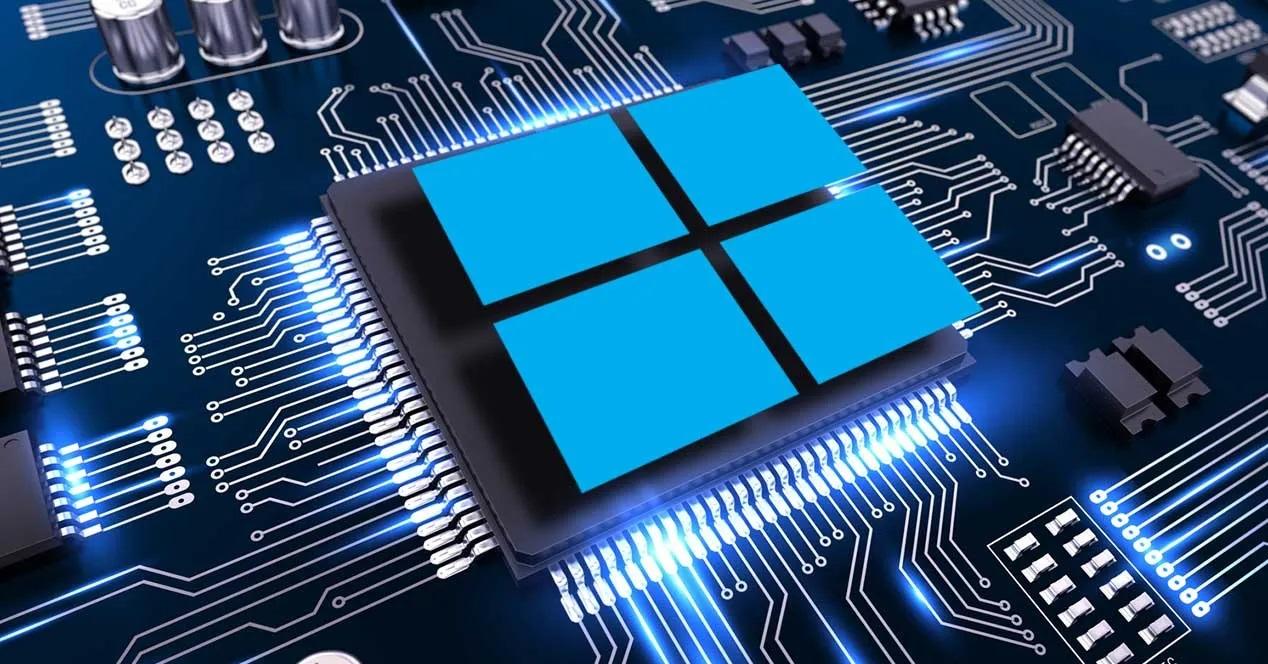The US could be a decade or two away from attaining full independence from Chinese and Taiwanese chipmakers, according to NVIDIA CEO
Despite the ongoing construction of advanced fabs in the US by reputable semiconductor brands like Samsung, NVIDIA's CEO, Jensen Huang, believes the country needs up to two decades to gain full independence from Chinese and Taiwanese chipmakers.

All the latest news, reviews, and guides for Windows and Xbox diehards.
You are now subscribed
Your newsletter sign-up was successful
What you need to know
- NVIDIA's CEO, Jensen Huang believes the US is still a long way to go before it gets full independence from Chinese and Taiwanese chipmakers.
- Biden's administration recently imposed exportation rules on chipmakers like NVIDIA, banning them from shipping chips to China.
- The US government wants to reduce the country's dependence on external chipmakers by having some of its own within its borders, which will help boost its economy and national infrastructure technology.
- While some of the most profitable semiconductor chip brands in the world like Intel and Samsung have already started building advanced fabs in the US, the CEO can't picture a scenario where the US is fully independent and capable of providing all the components required to design NVIDIA products without support from other countries.
The rivalry between the US and China is seemingly getting thicker every day, especially with the newly imposed exportation rules by the Biden-Harris administration banning chipmakers from shipping GPUs to China. The US government insists that the rules are in place to help establish control and prevent use of the components to make military advances, and not to run down China's economy.
However, the impact of the exportation rules can already be felt as they already intercepted a $5 billion shipment headed to China from NVIDIA. While China has seemingly found a workaround for this with GPU recycling factories, NVIDIA's CEO, Jensen Huang, recently indicated that the US could take up to two decades to gain full independence in chip manufacturing, according to a spot by Tom's Hardware.
Huang's statement is based on the fact that the trajectory of the chip manufacturing industry in the US isn't vibrant, which is why he's uncertain whether it'll be able to crack the market.
A decade or two to independence from Chinese chipmakers for the US

While speaking at the New York Times's DealBook conference in New York, Huang stated that "We are somewhere between a decade and two decades away from supply chain independence. It is not a really practical thing for a decade or two," as spotted by Bloomberg.
In the interim, the US government has elaborate measures and policies to help ramp up its chip manufacturing efforts. According to Tom's Hardware, the US government already has bipartisan support, which will go a long way in helping it develop more manufacturing facilities within its borders.
The US government's keen interest and investment in the chip manufacturing industry is to help reduce its overreliance on external sources for chips. It will also help boost the economy while improving the national technology infrastructure.
The plan is already taking good shape with Intel, Samsung, and TSMC (all among the most profitable semiconductor chip brands in the world) having initiated the process of building advanced fabs in the US.
All the latest news, reviews, and guides for Windows and Xbox diehards.
RELATED: Microsoft enters the chip game with its own Arm processors for AI and computing workloads
Though this sounds promising, NVIDIA's CEO pointed out that the company heavily depends on other countries for the components used to design its products. Huang added that he doesn't see a situation in the foreseeable future where the US will be able to manufacture all these components independently without outside support.
Do you think the US will be able to gain full independence from Chinese and Taiwanese chipmakers? Share your thoughts with us in the comments.

Kevin Okemwa is a seasoned tech journalist based in Nairobi, Kenya with lots of experience covering the latest trends and developments in the industry at Windows Central. With a passion for innovation and a keen eye for detail, he has written for leading publications such as OnMSFT, MakeUseOf, and Windows Report, providing insightful analysis and breaking news on everything revolving around the Microsoft ecosystem. While AFK and not busy following the ever-emerging trends in tech, you can find him exploring the world or listening to music.
